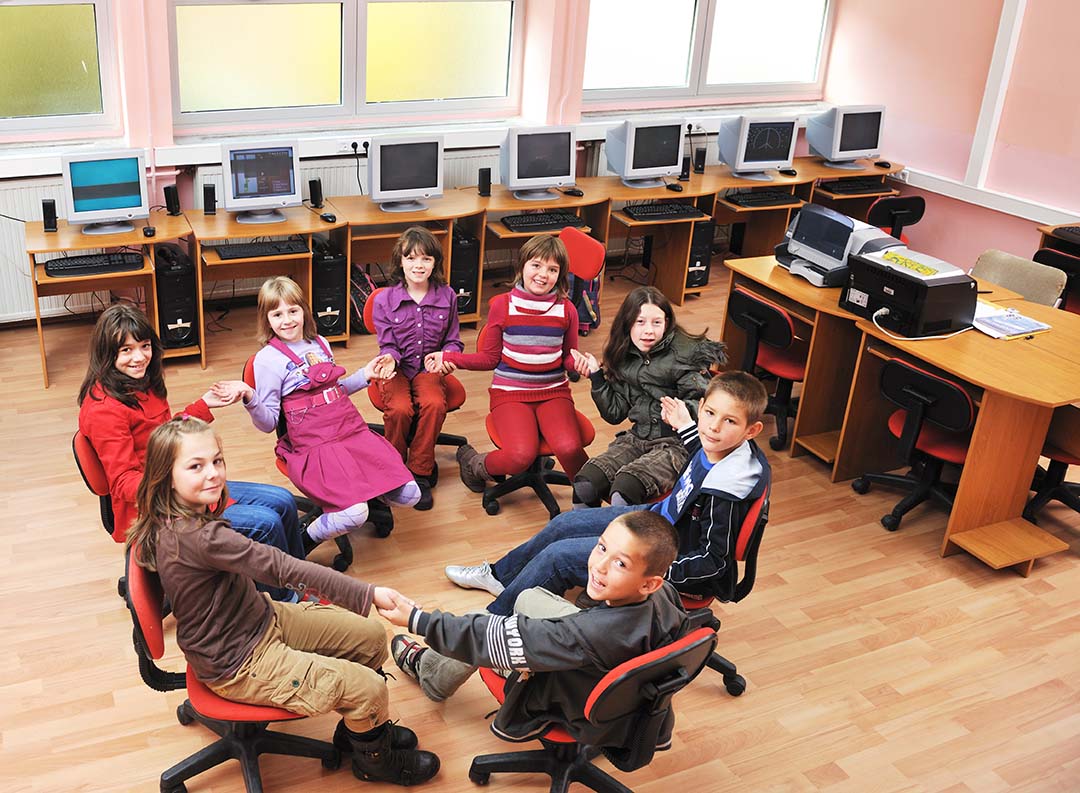Introduction
Children in elementary school (ages 5 to 12) need more than just academic lessons — they must also learn essential social and behavioral skills such as teamwork, responsibility, and respect for rules. One of the best and most natural tools for teaching these abilities is group play. Games create a joyful environment where learning happens effortlessly and with enthusiasm.
In this article, we’ll explore why group play matters, which games are most effective for teaching teamwork and responsibility, and how parents and teachers can use them to support children’s growth.
Why Teamwork and Responsibility Matter for Children
- Preparation for the Future: Most adult tasks require cooperation and coordination.
- Improved Communication Skills: Kids learn to express their opinions and listen to others.
- Sense of Belonging: Working in a team helps children feel valued and included.
- Handling Success and Failure: Responsibility helps them understand that losing is part of the process.
Features of an Effective Group Game
A good group game should:
- Have clear and simple rules.
- Give each child a defined role.
- Require true collaboration, not just competition.
- Provide chances for discussion and joint decision-making.
Group Games That Teach Teamwork and Responsibility
1. Haft Sang (Seven Stones)
How to Play: Children work together to rebuild stacked stones while avoiding being hit by the ball.
Lesson: Cooperation toward a shared goal.
Why It Works: Success depends on everyone’s teamwork — no one can win alone.
2. Vasati (Dodgeball)
How to Play: Two teams face off, throwing the ball to hit players in the center.
Lesson: Coordination and defending as a team.
Why It Works: Kids learn to support and protect their teammates.
3. Group Puzzle Challenge
How to Play: Divide puzzle pieces among players. The team must assemble the full image together.
Lesson: Every member contributes to the final success.
Why It Works: Highlights the importance of individual roles within a group.
4. Family or Classroom Mini-Theater
How to Play: Children assign roles and perform a short play.
Lesson: Responsibility in fulfilling one’s role and collaborating for a shared outcome.
Why It Works: Builds creativity, confidence, and teamwork.
5. Group Cooking
How to Play: Kids prepare a simple meal together (e.g., salad or sandwich), dividing tasks like cutting, mixing, or setting the table.
Lesson: Every participant has an important job.
Why It Works: Teaches accountability through real-life action.
6. Tug of War
How to Play: Two teams pull on a rope in opposite directions.
Lesson: Collective strength matters more than individual power.
Why It Works: Demonstrates the value of unity and coordination.
The Role of Parents and Teachers in Group Games
- Set Clear Rules: Children should know expectations before starting.
- Encourage Cooperation Over Rivalry: Emphasize teamwork instead of individual victory.
- Teach Conflict Resolution: Use disagreements as opportunities for learning.
- Offer Positive Feedback: Praise teamwork and shared effort after the game.
How to Build Responsibility Through Play
- Assign Roles: Each child should have a specific duty.
- Follow Up on Outcomes: If one neglects their task, the team feels the effect.
- Reflect After Play: Discuss who fulfilled their roles well and what can improve.
- Apply Lessons at Home: Use group play to reinforce daily habits like tidying up or organizing toys.
Long-Term Benefits of Group Play
- Social Growth: Builds cooperation, empathy, and listening skills.
- Confidence Boost: Children see that their contributions matter.
- Emotional Regulation: Helps them handle both frustration and excitement.
- Team Spirit: Kids learn that individual success relies on group effort.
Conclusion
Group games are much more than entertainment — they are powerful tools for teaching life skills. When guided properly by parents and teachers, these games can foster teamwork, responsibility, and emotional intelligence in a fun, active way.
Frequently Asked Questions (FAQ)
1. What’s the best group game for teaching cooperation?
Group puzzles and Haft Sang (Seven Stones) are excellent options.
2. Are group games beneficial for all children?
Yes. Even shy or introverted children can thrive in well-structured group play.
3. How can we organize group play at home?
Try simple activities like cooking together, doing crafts, or team-based clean-up games.
4. Can group games replace formal education?
No, but they are an essential complement that helps children build real-world life skills.







